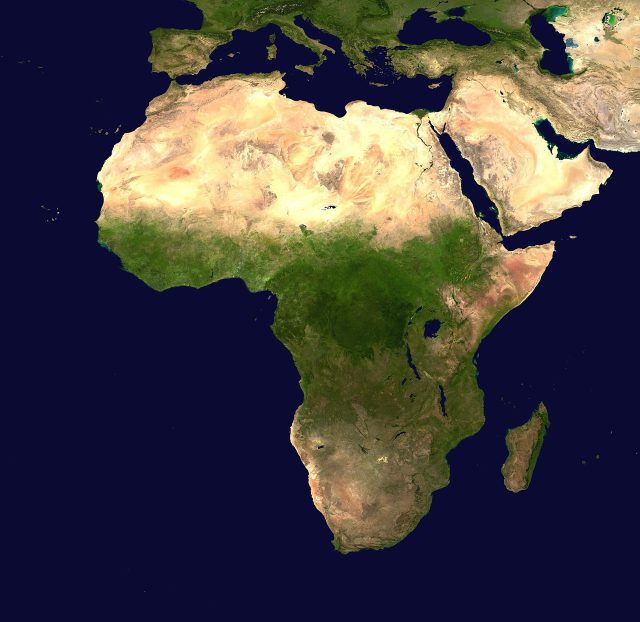
The image of Giorgia Meloni, the Prime Minister of Italy, alongside 25 African Heads of State and Government, the President of the African Union Azali Assoumani, the President of the African Union Commission Moussa Faki, the Deputy Secretary-General of the United Nations Amina Jane Mohammed, and the Managing Director of the International Monetary Fund Kristalina Georgieva, together with key European leaders, is of incredible power. It demonstrates that Italy is ready to play a central role in the dynamics of the African continent. Thanks to Italian efforts, this also extends to Europe.
“The Italian gamble has been won. I can say it without fear of contradiction,” explains Meloni. “It is evident from the significant participation of African countries in this summit, with the involvement of 46 countries and the presence of 13 heads of state and 9 heads of government, 5 vice-presidents, 9 ministers, and 25 international organizations.” Not to mention the top executives of all major jointly-owned Italian companies.
The Mattei Plan inaugurates a historic chapter of cooperation between Europe and Africa for truly sustainable development. No charity or benevolence, just numerous projects that can make a difference. The challenges now begin, and the leader of Brothers of Italy and the European Conservatives is aware of it. The meeting at the Senate is the starting point. The Mattei Plan has a budget of 5.5 billion euros in credits, grant operations, and guarantees. “The work is only beginning; we have a very long journey ahead that we intend to define with all the nations interested and with the contribution of multilateral organizations,” explains Meloni. A broad consultation that must start with the African Union.
The African Union has been clear: the exchange of ideas cannot be unilateral, and the consultation must be authentic. Moussa Faki, President of the African Union Commission, emphasized this. President Meloni, with President Assoumani by her side, responded immediately: “The Italian approach rejects any predatory or paternalistic temptation; we speak as partners. The matters we have discussed will be the subject of bilateral meetings that will allow us to further deepen our relations.” Notably, nine involved nations have already been identified: Algeria, Congo, Ivory Coast, Egypt, Ethiopia, Kenya, Morocco, Mozambique, and Tunisia. Numerous bilateral meetings are scheduled from January 30, followed by a steering committee meeting to finalize the program.
The Mattei Plan will focus on five pillars: education and training, health, agriculture, and water, and energy. One of the main projects is called Elmed: connecting Italy and Tunisia electrically, coordinated by the Italian Terna and the Tunisian Steg. This aims to secure energy supply over 220 kilometers. Regarding education, a series of professional courses meeting the needs of the labor market to collaborate with Italian and European companies will be launched. Starting in Morocco, an excellence center for professional training in renewable energies will be established.
In agriculture, the goal is the development of biofuels. In Egypt, 200 kilometers will be allocated to creating an area for the production of soybeans, corn, and sunflowers. The construction of water distribution networks is also central among the projects for the well-being of the entire continent.
The objective is to change the paradigm on immigration, giving young Africans the right not to flee their homes. The aim is to transform the economic and social development of these countries to prevent the causes of irregular migration. “The Italy-Africa summit is an intervention plan through which we want to contribute to unleashing the energies of the African continent, ensuring the young African generations a right that has so far been denied: the right not to be forced to emigrate and sever their roots.
Certainly, it will take time for all of this to be realized, but after a long time, thanks to the leader of the European Conservatives, Africa and Europe have become close not only geographically



 Subscribe
Subscribe